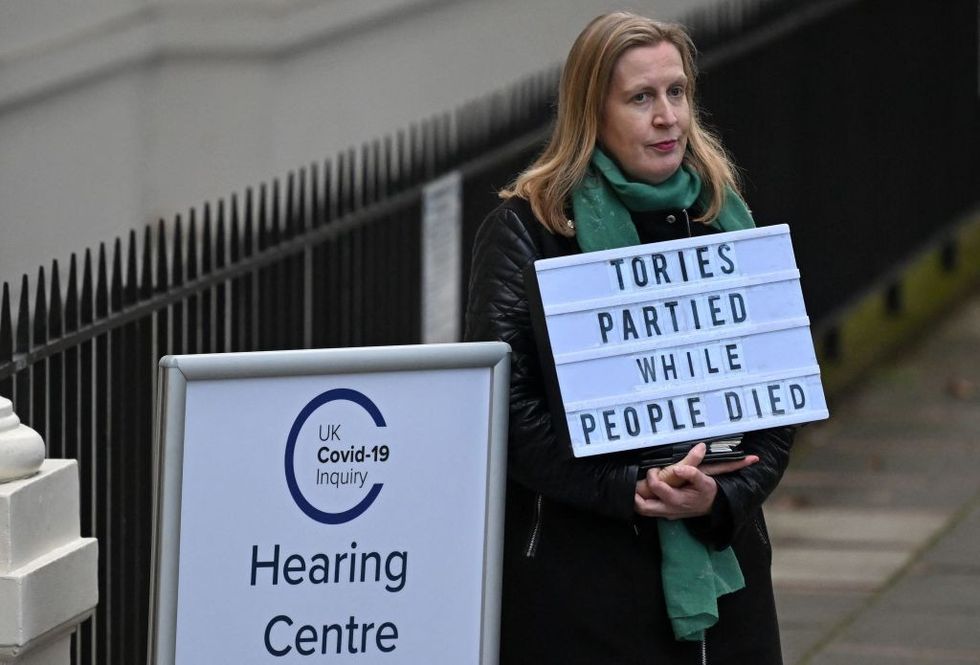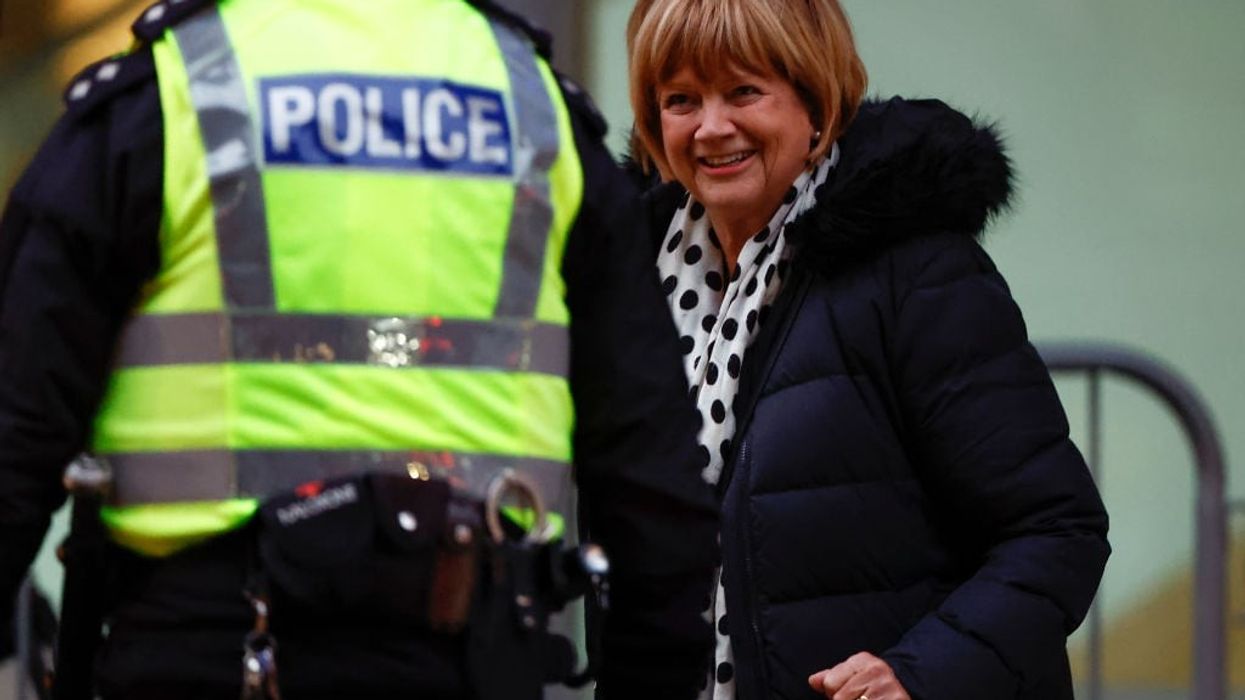BRITAIN let down its citizens by leaving the nation ill-prepared for the Covid-19 pandemic because of significantly flawed planning and failures by ministers and scientific experts, a public inquiry concluded in a scathing report on Thursday (18).
The country recorded more than 230,000 deaths by December 2023, a similar death rate to the US and Italy but higher than elsewhere in western Europe, while the nation's finances are still suffering.
Former prime minister Boris Johnson ordered an inquiry in May 2021, and its first report was damning, saying had preparation been better, the financial and human cost might have been less.
"I have no hesitation in concluding that the processes, planning and policy of the civil contingency structures across the UK failed the citizens of all four nations," said the inquiry chair, former judge Heather Hallett.
"There were serious errors on the part of the state and serious flaws in our civil emergency systems. This cannot be allowed to happen again."
She said Britain had been "dangerously mistaken" in believing, as others across the world had also thought, that it was one of the best prepared countries globally,
Her report found there had been a "lack of adequate leadership" with "groupthink" clouding expert advice. Ministers had not been given a broad enough range of opinions, and then had failed to sufficiently challenge what they did receive.

A flawed 2011 strategy, which had underpinned the nation's preparations for such an emergency, had prepared for only one type of pandemic - influenza.
It was outdated, had focused on dealing with the impact of an outbreak rather than trying to prevent its spread, and had not taken into account the economic and social impact, the report said. That strategy was virtually abandoned on its first encounter with Covid.
"The secretaries of state for health ... who adhered to the strategy, the experts and officials who advised them to do so, and the governments of the devolved nations that adopted it, all bear responsibility for failing to have these flaws examined and rectified," the report said.
Hallett made 10 recommendations, saying preparation for a civil emergency should be treated the same way as a threat from a hostile state.
"There must be radical reform. Never again can a disease be allowed to lead to so many deaths and so much suffering," she said in her introduction to the report.
Her inquiry's first module has only examined Britain's preparedness, and later reports will provide assessments of the more politically charged issues of decision-making during the pandemic against a backdrop of widespread accusations of government incompetence.
Johnson himself was forced from office in July 2022, with revelations of parties during Covid lockdowns among the many scandals that ended his premiership.
Rishi Sunak, the chancellor during the pandemic who later became prime minister, was also fined for breaking lockdown rules at the time.
New prime minister Keir Starmer, whose Labour party this month replaced the Tories in power after 14 years, said the report confirmed what many people had believed.
"This government is committed to learning the lessons from the Inquiry and putting better measures in place to protect and prepare us from the impact of any future pandemic," he said.
The campaign group Covid-19 Bereaved Families for Justice UK welcomed Hallett's recommendations but said she had not gone far enough in addressing the issue of health inequalities that had made the UK more vulnerable.
"Preparedness is our best defence, failure to prepare is indefensible," a spokesperson said.
(Reuters)





